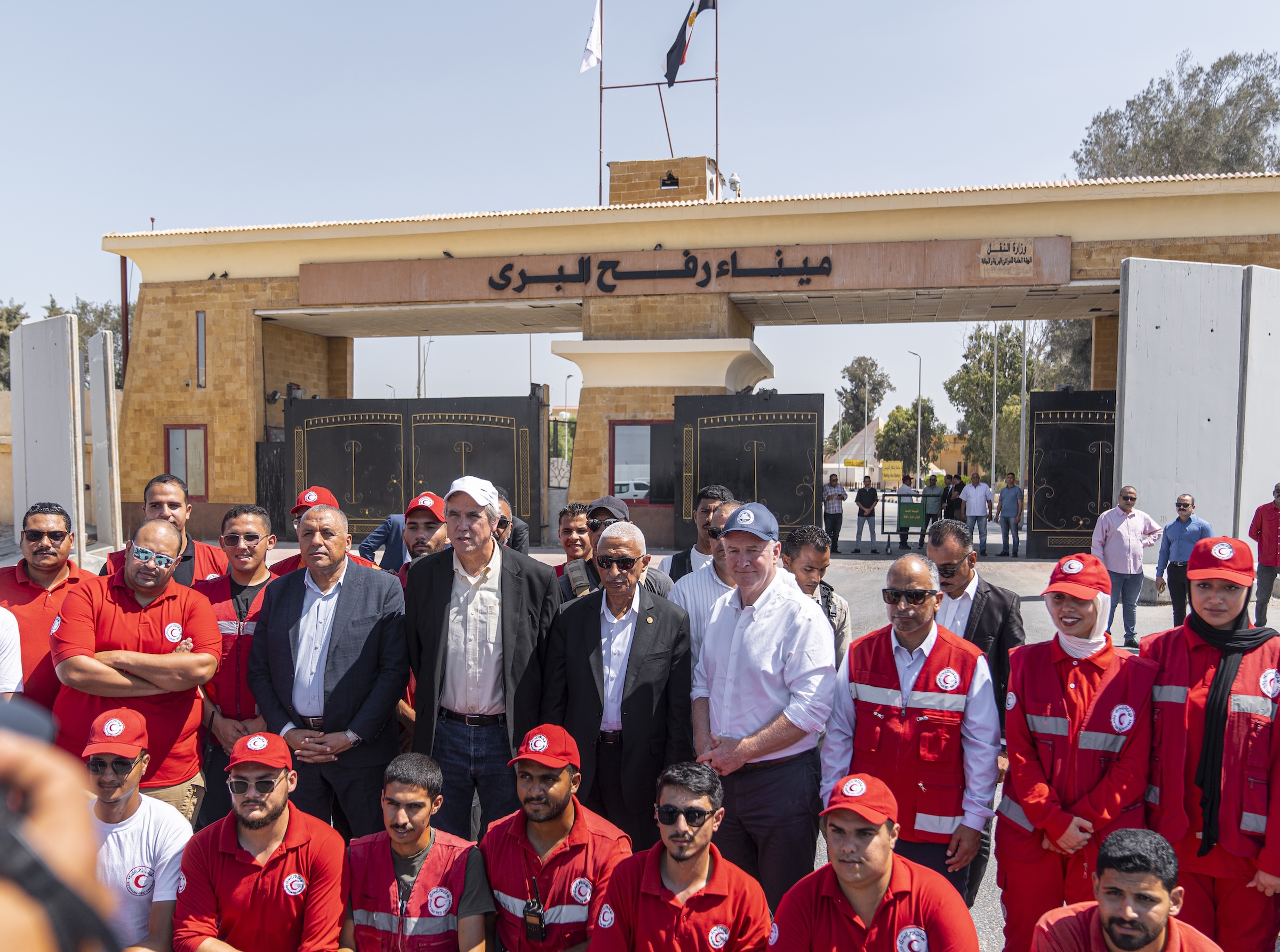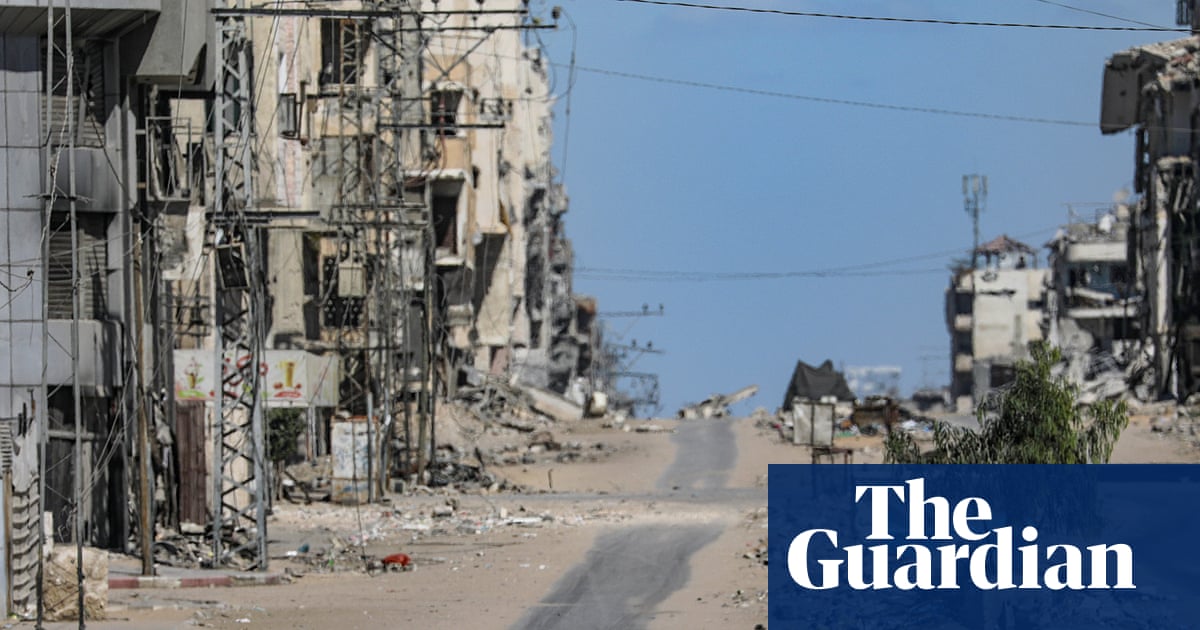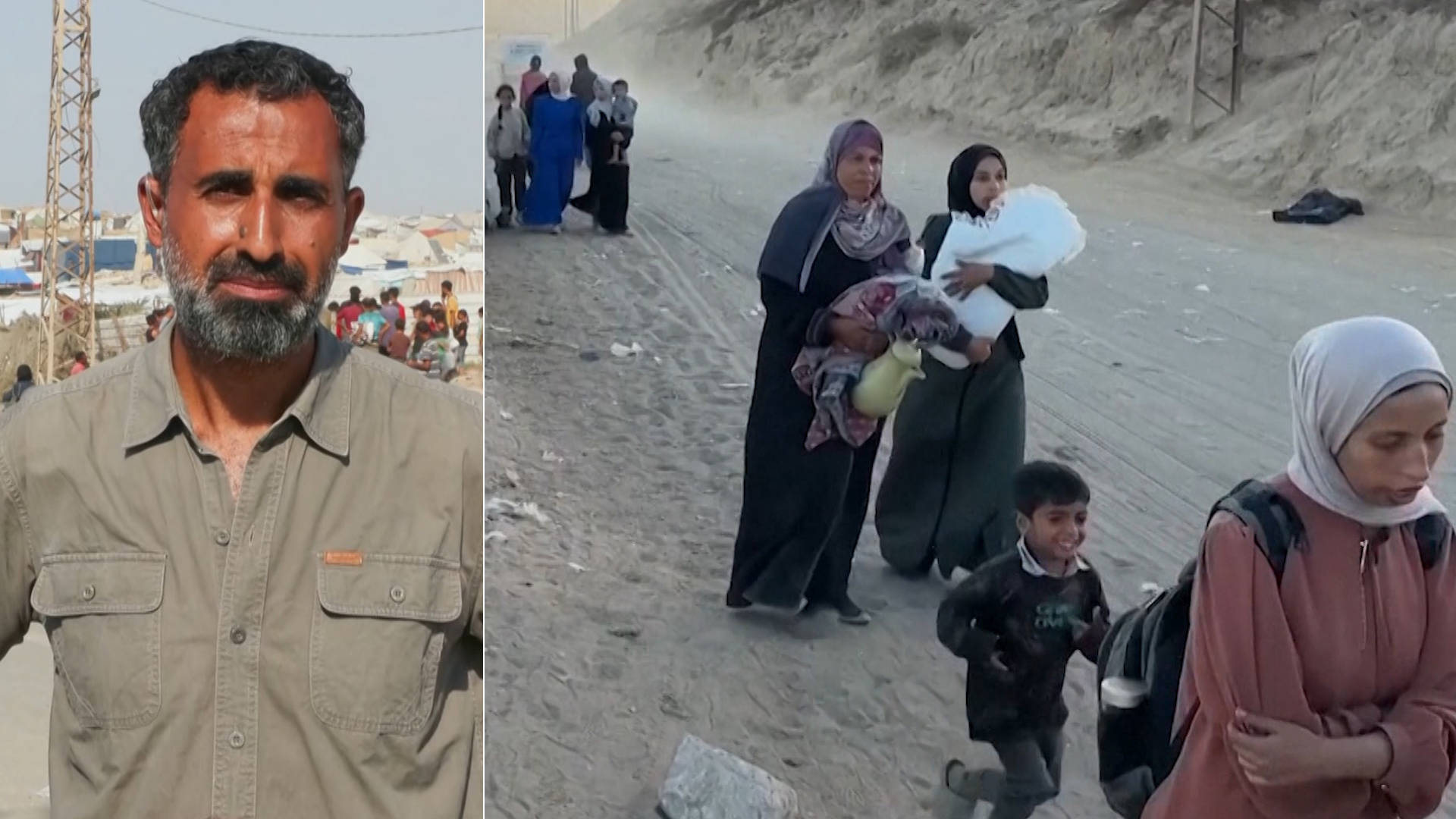fromTruthout
1 day agoWith Desalination Plants Destroyed, Families in Gaza Are Drinking Salty Water
Since the beginning of the Israeli genocide and the imposition of a total blockade on the Gaza Strip on October 7, 2023, water desalination plants have almost completely shut down due to severe fuel shortages.
Public health













